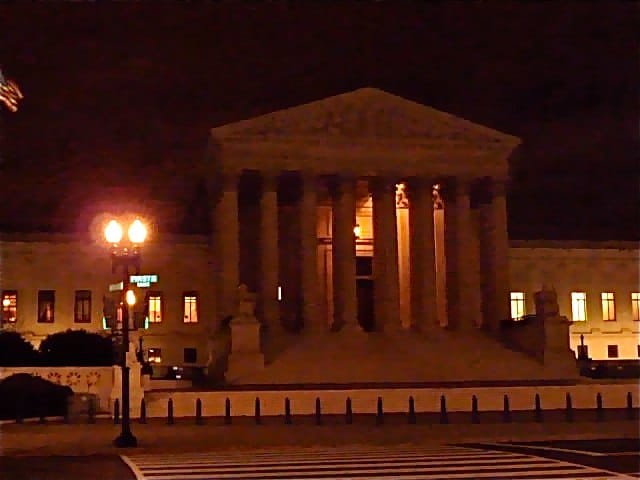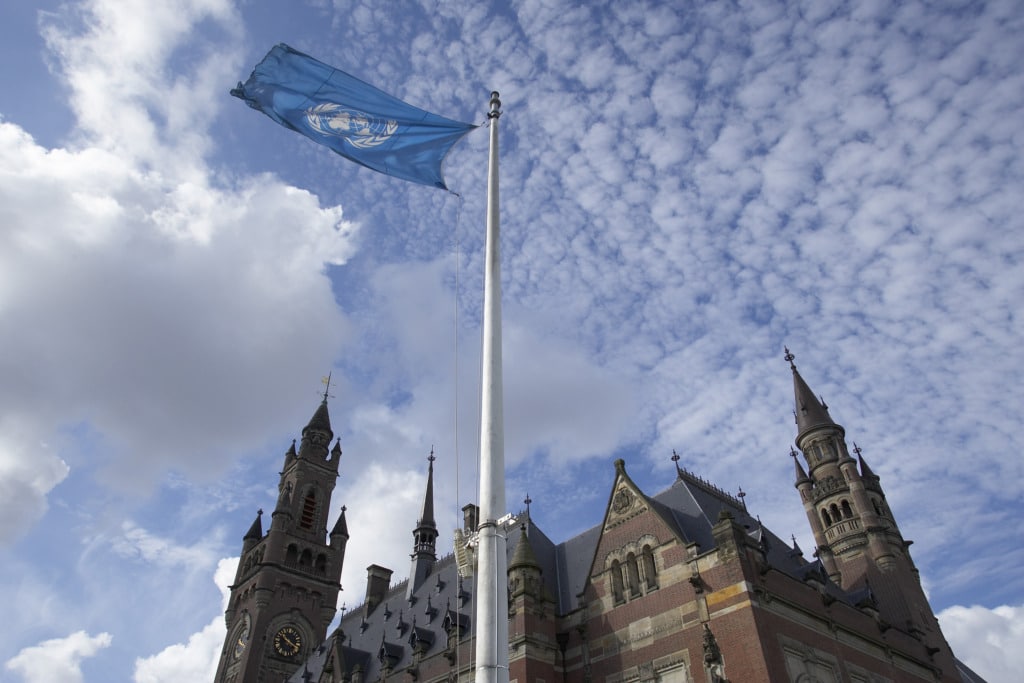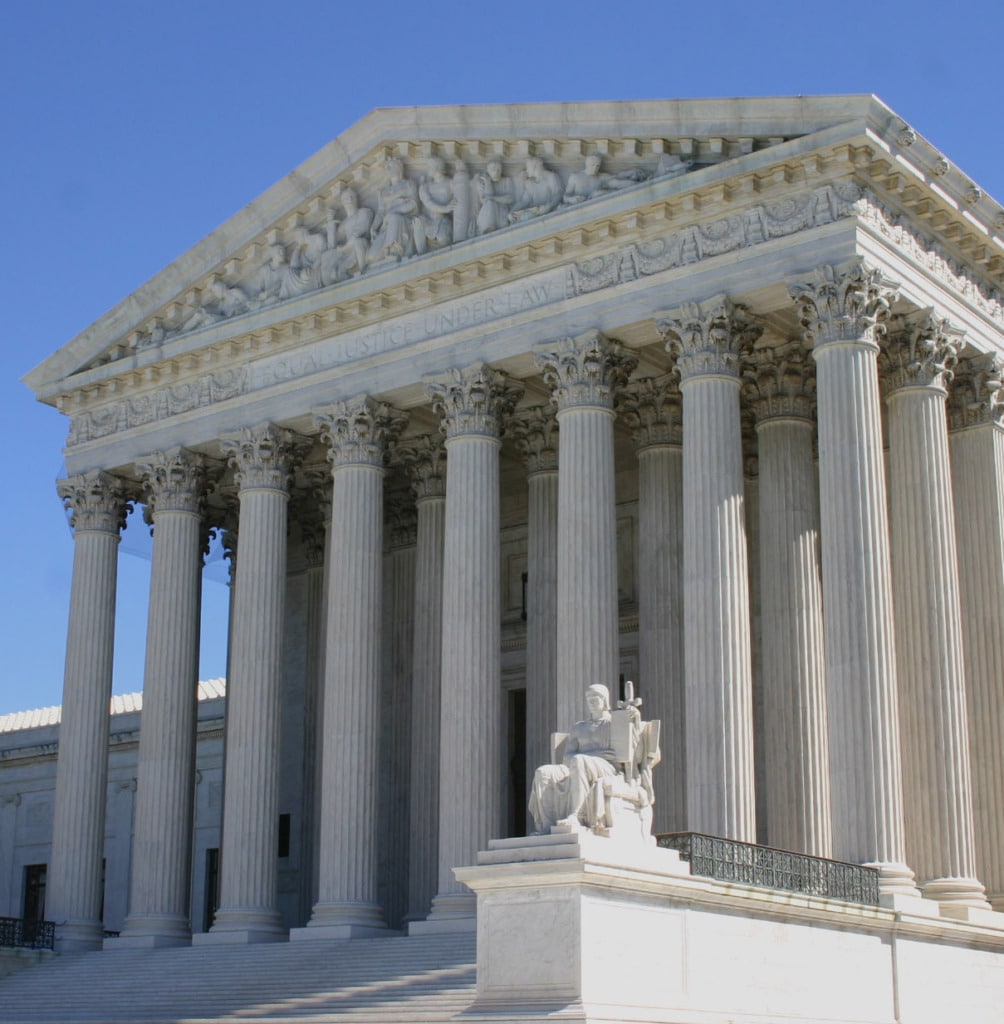Are Social Media Algorithms “Passive Nonfeasance”? What Twitter v. Taamneh Got Wrong
In the recent case of Twitter, Inc. v. Taamneh, the U.S. Supreme Court held that the plaintiffs failed to demonstrate that Facebook, Twitter, and Google knowingly provided assistance to the Islamic State of Iraq and the Levant (ISIS) in connection with its attack on the Reina nightclub in Istanbul, Turkey in 2017. The plaintiffs, family…
Continue ReadingOral Argument in Great Lakes
On October 10, 2023, the U.S. Supreme Court heard oral argument in Great Lakes Insurance v Raiders Retreat Realty LLC. The issue presented was whether, as a matter of federal admiralty law, a choice-of-law clause in a maritime contract may be rendered unenforceable if enforcement is contrary to the “strong public policy” of the state…
Continue ReadingDistrict Court Rejects Forum Non Conveniens Motion in Haiti Price-Fixing Case
The plaintiffs in Celestin v. Martelly brought a class action alleging that Haitian President Michel Joseph Martelly hatched a scheme to impose fees and fix prices on money transfers, food remittances, and international calls to and from Haiti and that Haitian and U.S. companies joined the scheme in violation of U.S. antitrust law, the federal…
Continue ReadingTransnational Whistleblower Litigation
American corporate fraud has long captured the international imagination. Ask people around the globe whether they have heard of Enron, Lehman Brothers, or the Madoff Ponzi scheme, and it’s likely the answer will be yes. The scale and consequences of these three cases alone often lead people to assume that the biggest frauds of our…
Continue ReadingSupreme Court Denies Cert in Extraterritorial Wire Fraud Case
The Supreme Court denied cert this morning in Elbaz v. United States, a case involving the extraterritorial reach of the federal wire fraud statute. The order lets stand a decision of the Fourth Circuit holding that the wire fraud statute could be applied to a scheme to defraud investors centered in Israel based on two…
Continue ReadingGovernmental and Non-Governmental Acts in Terrorism Exceptions to Sovereign Immunity
The Islamic Republic of Iran (“Iran”) brought proceedings in the International Court of Justice (“ICJ”) against Canada on June 27, 2023, alleging that Section 6.1(1) of Canada’s State Immunity Act (SIA), its “terrorism exception,” violates Iran’s sovereign immunities from jurisdiction and enforcement under customary international law. Section 6.1(1) creates an exception to the jurisdictional immunity…
Continue ReadingThe CISG and Choice-of-Law Clauses
Although the United Nations Convention on Contracts for the International Sale of Goods (CISG) has been in force for over 35 years, there is still scholarly disagreement as to how this treaty interacts with choice-of-law clauses (see, e.g., the discussion on this blog: Coyle, Brand and Flechtner, Hayward and Lal). In principle, there seems to…
Continue ReadingProposed Legislation to Amend the Foreign Sovereign Immunities Act
Representatives Adam Schiff, Betty McCollum, and Gerry Connolly have introduced the Jamal Khashoggi Protection of Activists and Press Freedom Act of 2023. The purpose of the legislation is to protect free speech advocates and journalists. The press release announcing the draft legislation notes the murder five years ago of journalist Jamal Khashoggi “at the hands…
Continue ReadingSupreme Court Asks for the Views of the Solicitor General in FSIA Case
This morning, the Supreme Court called for the views of the Solicitor General in Blenheim Capital Holdings Ltd. v. Lockheed Martin Corp., a case about the interpretation of Foreign Sovereign Immunities Act’s (FSIA) commercial activities exception. The Fourth Circuit held that South Korea’s purchases of military aircraft and satellites do not fall within the exception because…
Continue Reading






